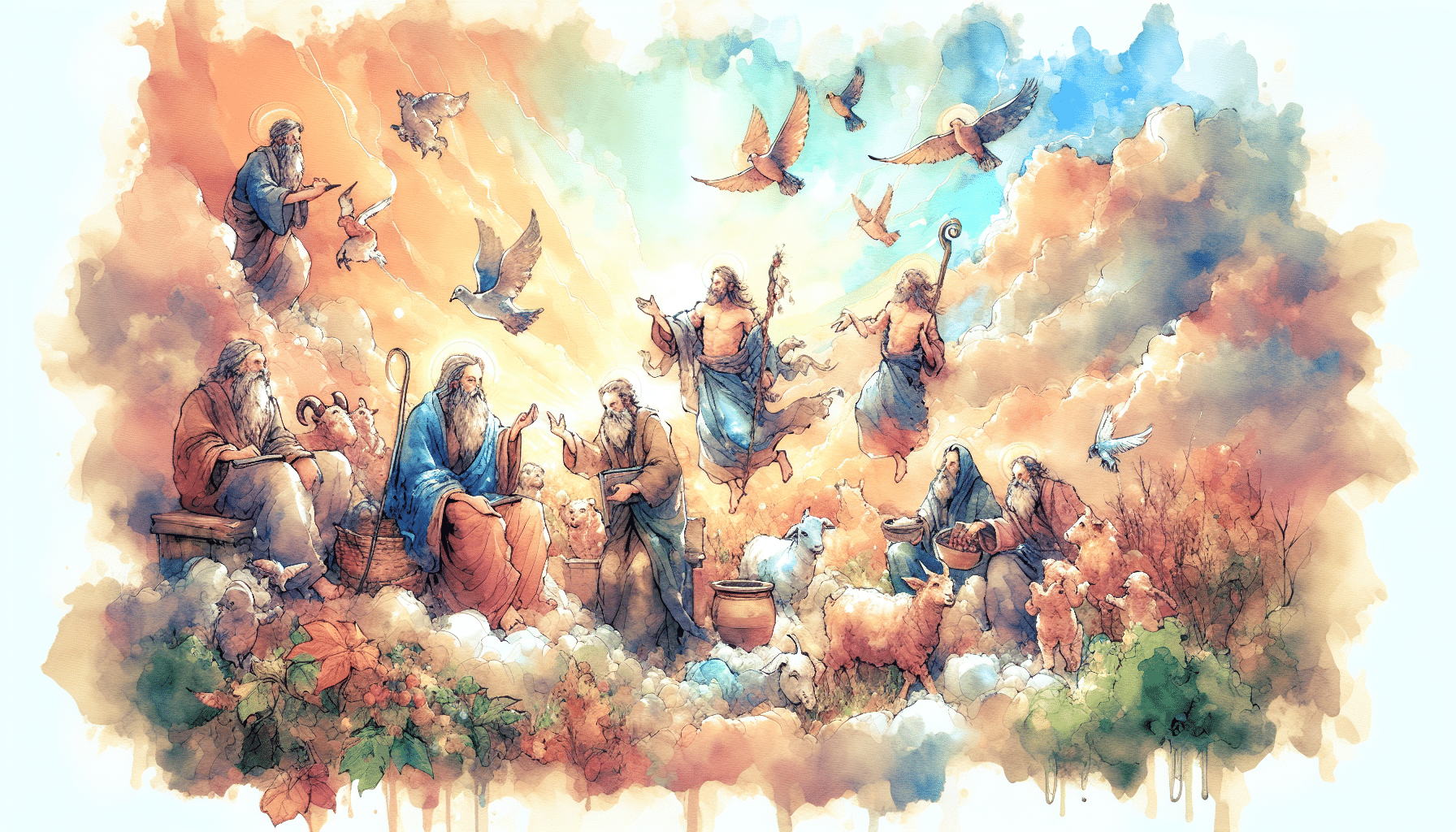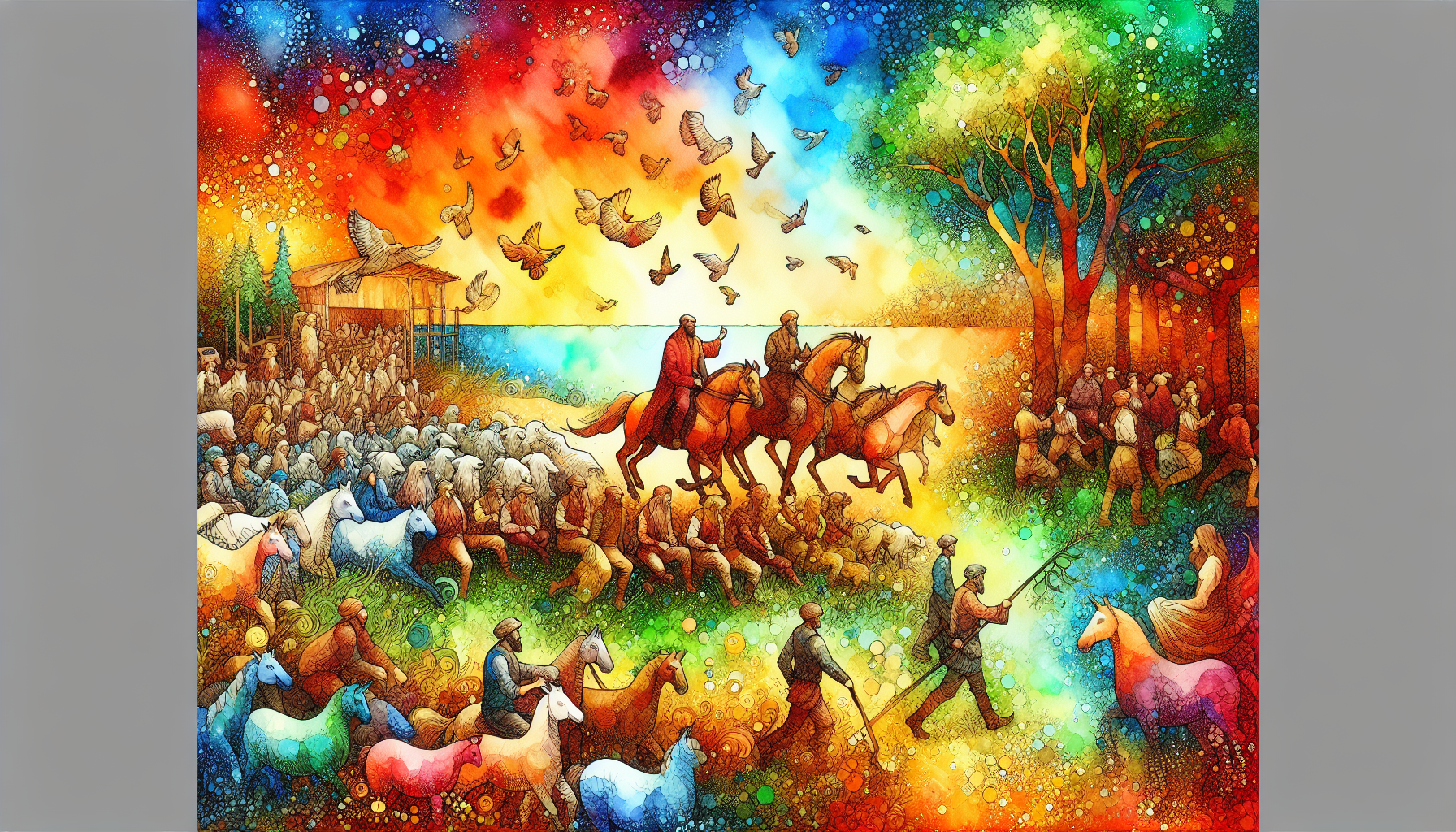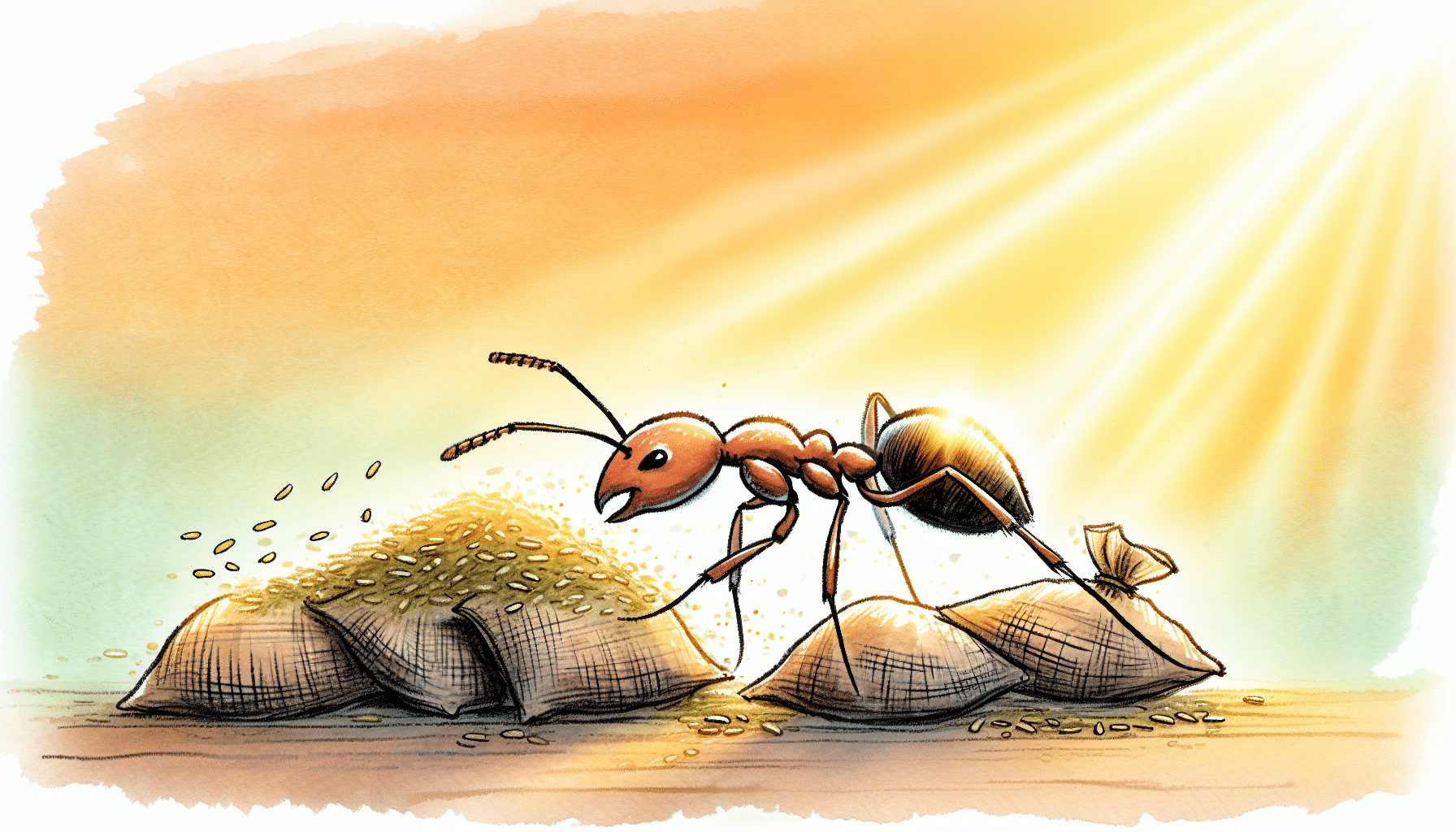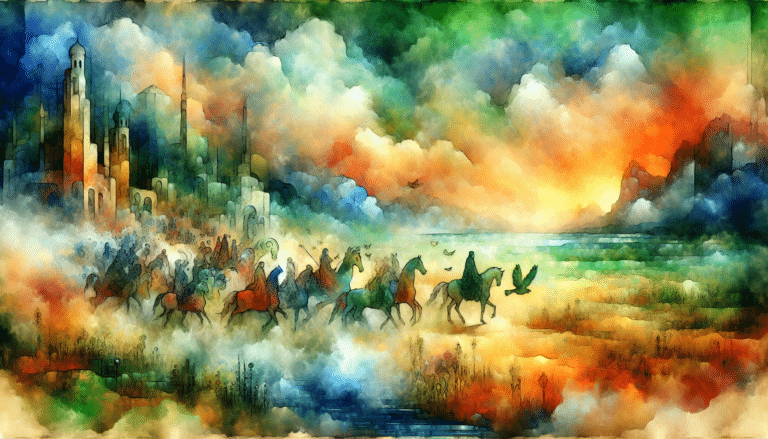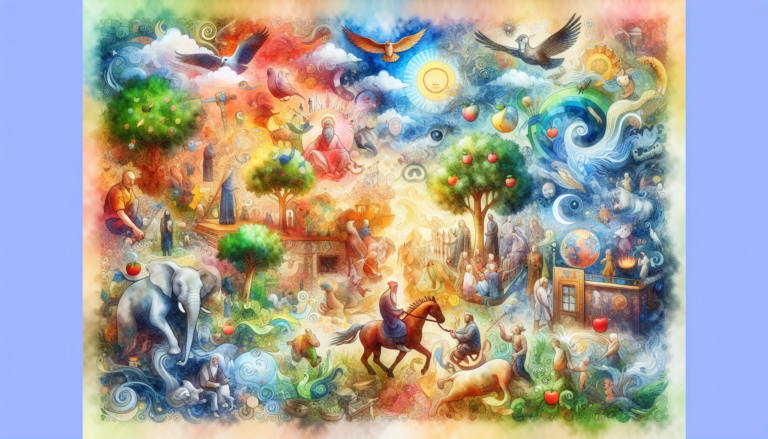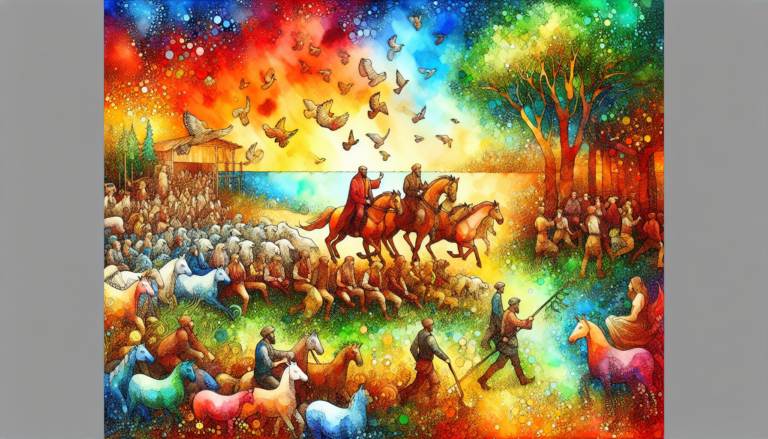Righteous Reflections: Tales of Ethical Decision-Making
Righteous Reflections: Tales of Ethical Decision-Making
In a serene little town nestled amidst lush greenery and sparkling brooks, lived Lydia, a wise and kind-hearted lavender grower and Thomas, a hardworking and ambitious blacksmith. Their world was a harmonious blend of pleasant chirping birds, leisurely flowing river, and the scent of fresh lavender wafting through the air.
Lydia was an older woman, with a loving twinkle in her soft hazel eyes, wiry silver hair escaping from a neat bun, hands weathered by time yet warm and nurturing. She was known far and wide for her wisdom, patience, and the ability to touch hearts with her stories.
Thomas, on the other hand, was a strapping man in his thirties, his muscular arms bore the testament of his hard work, his face adorned with honest sincere eyes and a humble smile. A man of few words, his dedication to work and personal ethics was his language.
The peaceful life of this bustling little town was disturbed when a kingpin, Mr. Gregory, decided to usurp their fertile lands. He romanced the townsfolk with his honeyed words and promises of prosperity, disguising his avarice behind a veneer of benevolence.
Mr. Gregory was a portly man, brimming with an unnerving energy, his shifty grey eyes sparkled with deceit whilst his booming laughter masked his sinister intentions. Lured by the promise of wealth and dominance, some townsfolk started succumbing to Gregory’s masterful manipulation.
Thomas was tempted too. His dream of expanding his humble workshop flickered before his eyes. But he was an earnest man, and deeply respected Lydia who had been like a guiding light to him and the townsfolk.
One day, Thomas approached Lydia expressing his dilemma. Lydia, understanding the underlying conflict, decided to help him. She led him to her vast Lavender fields and asked him to close his eyes and take a deep breath.
«Lydia, I can smell the soothing scent of lavenders and… something burning!» Thomas exclaimed. Opening his eyes, he saw Lydia burning a bunch of lavender stalks.
«Lavender, Thomas, is a calming, healing plant, but when it burns, it creates uncomfortable smoke that affects all surrounding it,» Lydia said, her eyes mirroring wisdom. «The same power that has the potential for healing; can also be destructive if used wrongly.»
Thomas understood the implication and thanked Lydia. The smoke from the burnt lavender lingered like a powerful tutor.
The very next day, Thomas stood up to Gregory. His resistance inspired others, and soon, the whole town stood united, refusing to sell their lands. Thomas’s ethical decision-making shone brightly, influencing his comrades, and instilling a sense of righteousness in them.
Lydia, looking at the unified town from her Lavender field, smiled, her heart brimming with pride and satisfaction.
Mr. Gregory tried to make the townsfolk bend to his will, but their unity and collective strength deterred him. Our affable kingpin was left with no choice but to retreat, his shifty eyes reflecting defeat and the town victoriously celebrated their moral victory.
Thomas went back to being a happy blacksmith, his modest workshop gave him more joy than the idea of a complicated large business. His usual silence was replaced with laughter and his eyes sparkled with contentment.
Lydia’s Lavender continued to heal and her lessons continued to guide the townsfolk, and serve as moral compasses. The tale served as a strong lesson for the future generations, who revered Thomas and Lydia alike for their courage and moral standing.
The town became a beacon, illuminating the principles of ethical decision-making and unity, all thanks to a burning bunch of Lavender and a simple blacksmith who chose righteousness over rapid ascent.
The serene town was back to its harmonious self, with the chirping birds, leisurely flowing river, the scent of fresh lavender and a humbling tale of morality.
Moral of the fable «Righteous Reflections: Tales of Ethical Decision-Making»
This fable emphasizes the power of ethical and moral decision-making in our lives. It illustrates that temptation may sway us momentarily, but it’s our moral compass and the ability to distinguish right from wrong that defines us. Lydia’s wise words and Thomas’s bold decision to choose righteousness over avarice, display a strong message that capital pursuit should never overshadow our core ethical values. Let us not forget, our decisions affect not just us, but those around us too. Hence, like the Lavender, let’s aim to heal and not hurt.


